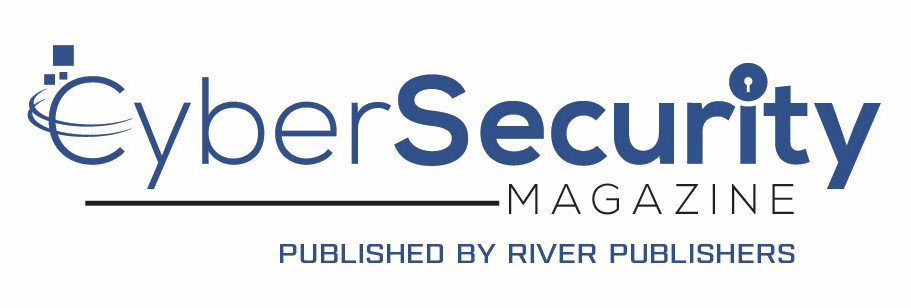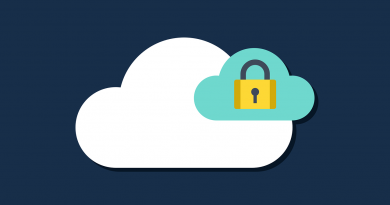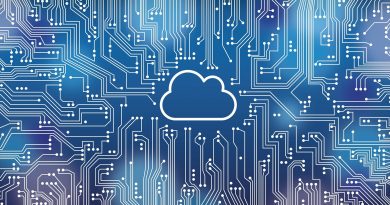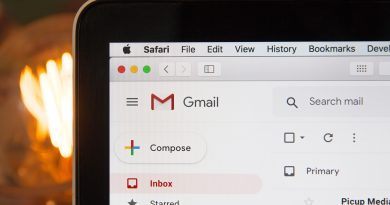How to Balance Cybersecurity and Productivity
Today’s business world is becoming more data-driven and increasingly remote at a rapid pace. New technologies enable companies to gather more information, while the COVID-19 pandemic ushered in the unprecedented trend in remote work.
Many businesses realize the benefits of employees working remotely, but unfortunately, so do cybercriminals. Threat actors are capitalizing on the remote work trend and executing a range of cyberattacks to exploit companies and their sensitive data. At the same time, emphasizing employee productivity is a top concern for most employers.
Cybersecurity and productivity are two critical components of any business, regardless of industry. However, finding a healthy and suitable balance can be challenging. Employees require access to company data during the workday, and IT professionals must implement strong cybersecurity measures to protect that information. How can the two functions work in tandem?










